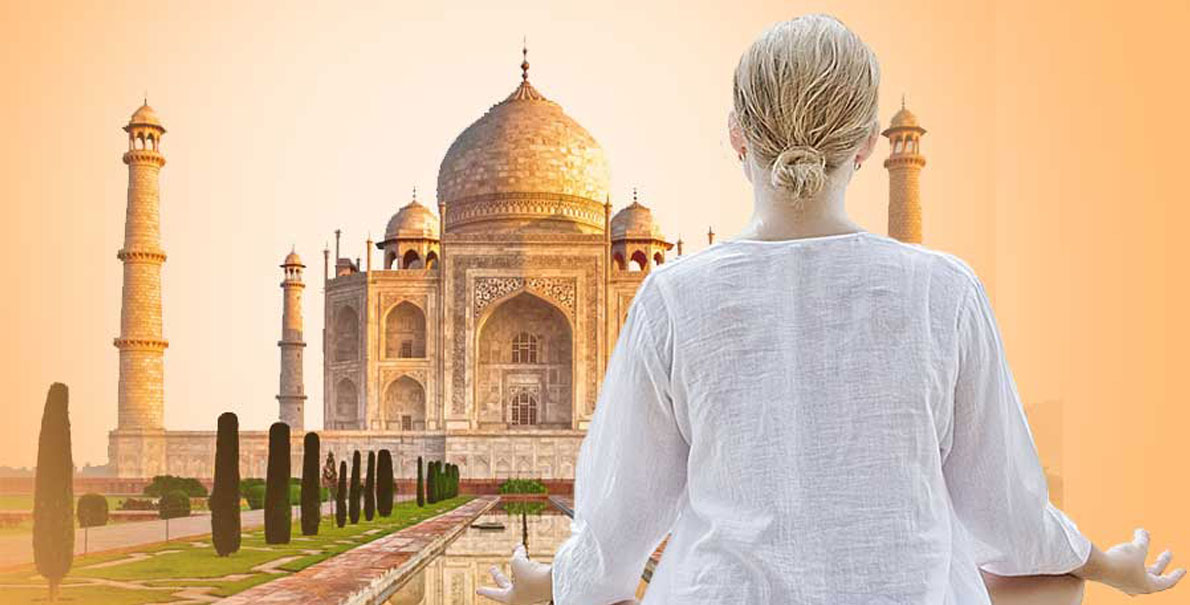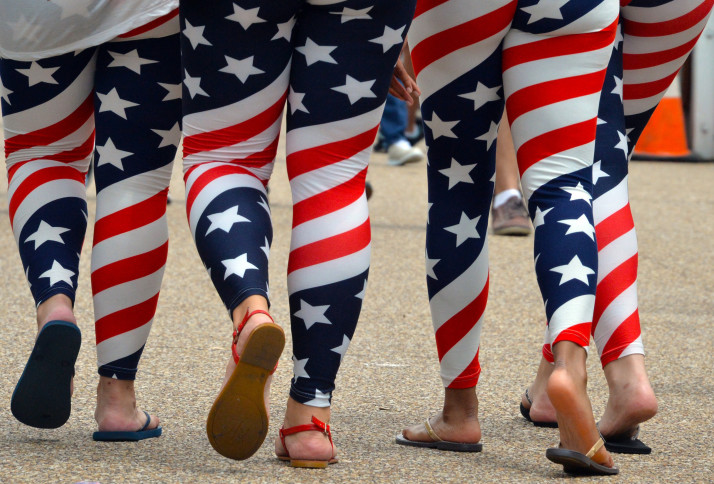To be great, India and the US have to be good – part II


I’m returning to a subject that has long preoccupied me. Both India, country of my birth, and the US, my adoptive country, must be good to be great. It is not enough to remind the world that India produced Mahatma Gandhi and that the US has exemplified rule of law and the separation of powers. (Click here for Part I of ‘To be great you have to be good’.)
What are India and the US doing now at this point of time that makes them both good and great?
Sadly, not very much at all.
Narendra Modi’s Bharatiya Janata Party continues its assault on Indian pluralism and institutions. After the worst communal riots in 30 years in the capital Delhi, the Indian government continues to build dozens of mass detention centres across the country. The centres will house those who cannot prove citizenship, something that will be difficult to do for millions (of Hindus, Muslims, Christians, Sikhs, Jains, Buddhists, but people of only one faith will probably be incarcerated).
As Ami Bera, a California Democrat who is the longest-serving Indian-American in the US Congress recently said:“If India loses that secular, democratic identity then it loses what makes it different than other countries in Asia. We are all watching the riots in Delhi and worry they are going down a dangerous road that makes it harder for us to be a strong advocate for India”.
The US president meanwhile, continues to challenge America’s separation of powers, celebrate strongmen and push for immigration policy (and practice) to discriminate on religious or racial grounds, treat migrants and refugees harshly and celebrate US war criminals as heroes.
Ed Luce recently wrote in the Financial Times about the parallels between Mr Modi’s India and Donald Trump’s America: “Modi’s people have been broadcasting their intention for decades. People who dismiss Trump’s ominous musings about the November US election must remind themselves to listen to what he says. This is no mere trolling. Separation of powers and the sanctity of elections is no more immutable in America than tolerant pluralism in India. Things can change. What is worth defending must actually be defended. Customary pieties will not suffice.”
Quite so.
It is especially sobering to note the twinning of India and the US in Freedom House’s annual report. The conclusions that emerge from the survey evaluating 195 countries and 15 territories are as follows: India suffered the worst dilution among the world’s 25 most populous democracies. The US too saw its freedom rating fall.
Sarah Repucci, who wrote the Freedom House report, says: “Many freely elected leaders are dramatically narrowing their concerns to a blinkered interpretation of the national interest. In fact, such leaders — including the chief executives of the United States and India, the world’s two largest democracies — are increasingly willing to break down institutional safeguards and disregard the rights of critics and minorities as they pursue their populist agendas”.
Freedom House, incidentally, is a nongovernmental, nonpartisan advocacy organization established in 1941. What’s troubling about its new report is not the usual suspects – China, Russia, etc – but the steady erosion of freedom in “established democracies” such as India and the US.

